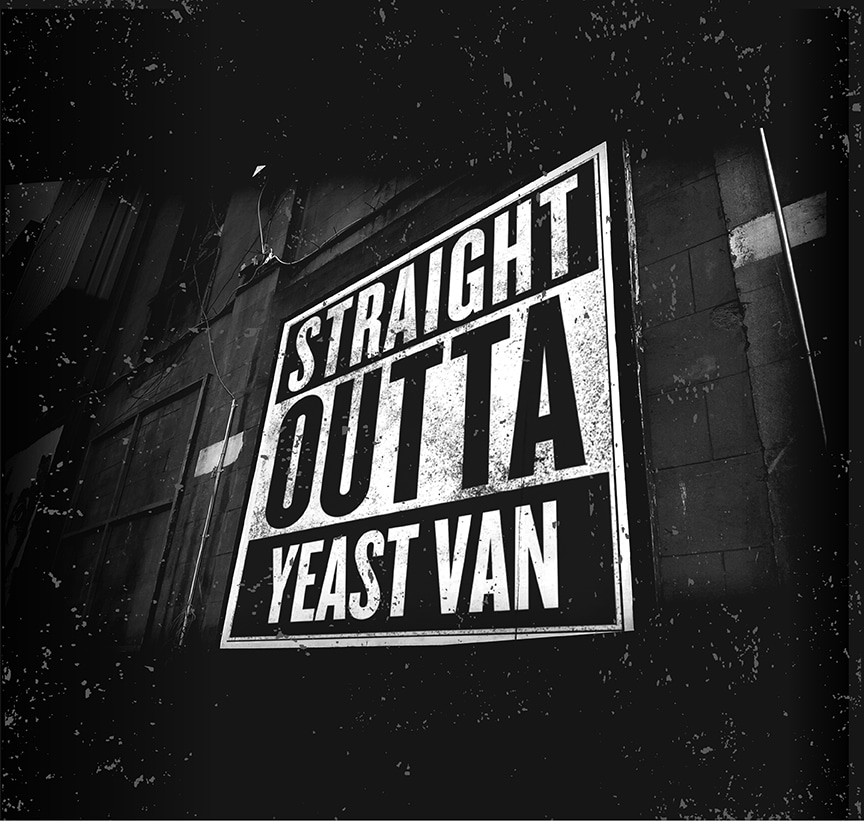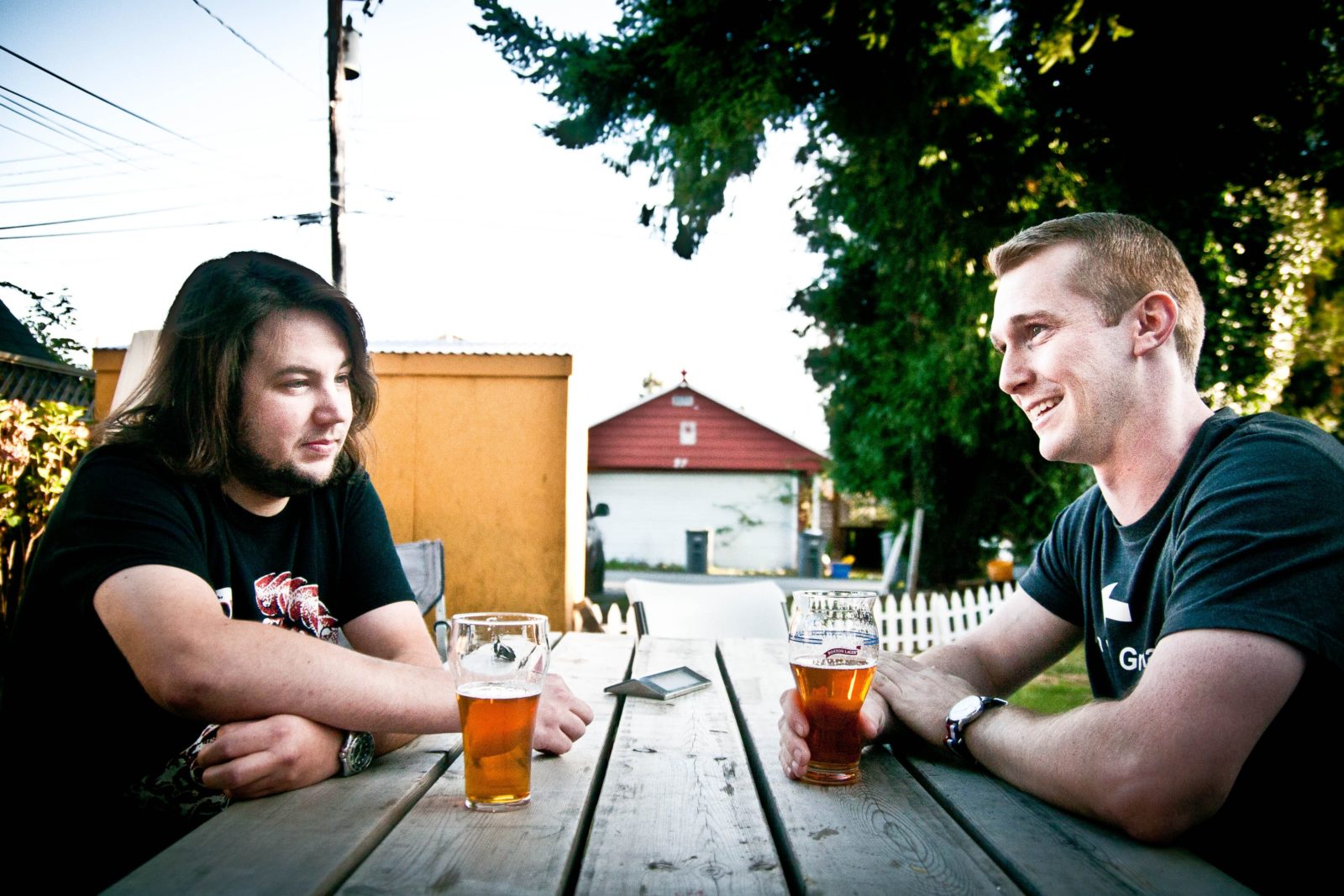
In competitive industries like craft brewing, staying ahead of the curve and on top of the trends is vital to keeping consumers interested. Craft brewers are taking traditional styles and flavours and are making them their own using different ingredients. Barrels, which have been used in making spirits like bourbon, whisky and wine, have gained popularity in craft beer because of the unique flavours that can be imparted through barrel-aging.
Unlike bourbon makers of the United States who are required by federal code to use new charred oak barrels to produce their product, breweries acquire theirs from distilleries and wineries who have already bottled their products. But with so many breweries exploring the world of barrel-aging, and there being only so many cooperages (barrel makers) left in the United States, the number of barrels available to breweries is limited.
“Barrel-aging is sort of a popular thing to do these days, which means we are getting creative with where we get our barrels, because they are so in demand,” said Chloe Smith, manager of Townsite Brewing in Powell River. Smith added that it isn’t just harder to get barrels, it’s also more expensive. Since Townsite began barrel-aging their beers, the price has increased from $100 a barrel to $150.
“We buy them from wineries, from Jack Daniels, from whisky houses and distilleries,” she said. “We go together with our brewing colleagues and when they are placing orders we will do one together. We are reaching out to everybody to see where we can get barrels, and we are getting all kinds of stuff like fruit wine, red wine, whisky and bourbon.”
Even though Jack Daniels, the only major distiller that makes their own barrels, produces half a million empty barrels a year, most of their empty vessels go to Scotch whisky industry.
In the world of craft beer, Victoria’s Phillips Brewing and Malting Co., could be considered to have been ahead of the curve with barrel-aging beers. Matt Phillips, founder of Phillips, said they’ve been producing barrel-aged beers for nearly seven years.
“It’s definitely more difficult to get a hold of barrels now,” he said. “I think it has a lot more to do with the Scotch whisky industry and distilleries than breweries.”
But Phillips added that because those two industries are sucking up a lot of barrels, there are fewer left for the craft breweries looking for them.
Phillips built a relationship with Heaven Hill Distillery in Kentucky where they were at one point sourcing up to 150 barrels a year. Now their brewery is only using about 50 annually, and some of this has to do with the challenges of getting the barrels with the flavour profiles their looking for their beer.
While some craft breweries have looked to their partners in the spirits and wine industries, Rogue Ales and Spirits based in Newport, Oregon decided to start coopering their own barrels. This was a natural fit with their DIY mantra, which now includes growing their own hops, producing their own honey and distilling their own spirits.
Unlike other breweries that began barrel-aging their products in vessels they’d sourced, Rogue hadn’t put beer in a barrel until they had a “real reason to do it.”
“Once we got inspired to make our own barrels we really felt we had a story to share and a product we thought would be really unique,” said Brett Joyce, president of Rogue.
In the fall of 2016, Rogue released their first beer aged in their own barrels. Their Rolling Thunder Imperial Stout, is a beer that doesn’t just go from farm to glass, but from farm to barrels, made by Rogue and soaked in their own whiskey where it was aged for six months before being bottled.
“Barrel-aged products provide a lot of complexity that consumers are looking for, which pairs with the experimentation that breweries are into and there is also the rarity of barrel-aged beers,” said Joyce. “I’m glad that in some small way we control our own destiny by making our barrels, but that certainly wasn’t our intent the way growing our own hops was. We didn’t want to be 100 per cent reliant on the open market, and accidentally the barrel making provides that as well.”
While Rogue may have chosen to enter the cooperage industry, it is safe to assume that most craft breweries will stick to sourcing their barrels they way they have been. But with certain barrels, like bourbon, being in high demand, those in the craft beer world like Smith think we’ll see brewers do that they do best, get creative and use what they can find to innovate great new beer flavours.



